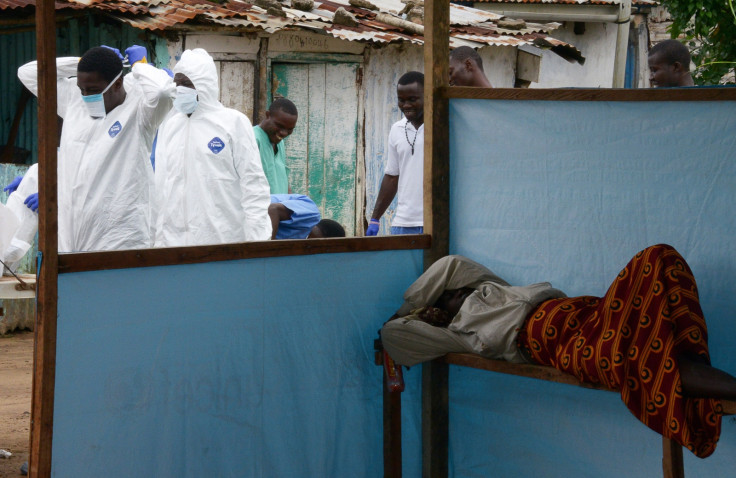Japanese Ebola Vaccine: Fujifilm's Experimental Drug Avigan Can be Used to Combat Norovirus

An experimental Japanese Ebola vaccine may also be used to fight the winter vomiting bug, which causes over 200,000 deaths each year.
British researchers have found a study in mice show Avigan, also known as Favipiravir, the experimental Ebola drug created by the Fujifilm group company Toyama Chemical, may also reduce and even eliminate norovirus infection.
Norovirus is spread via fecally contaminated food and water or by person-to-person contact, causing vomiting, diarrhoea and other serious complications for patients with compromised immune systems.
Now, researchers have found Avigan, which is being tested as a possible treatment for Ebola, can lower levels of norovirus in mice.
Professor Ian Goodfellow, who led the study at the University of Cambridge, said: "Norovirus is an unpleasant bug that spreads quickly. Most of us will have experienced it at some point and will know that the only option is to ride out an infection, drinking plenty of fluids.
"But some patients get infections that can last months or years, and this has a real impact on their quality of life, and the potentially serious health problems norovirus can cause people with weakened immune systems means that we desperately need a way to treat infection."
Norovirus can replicate itself quickly, making the development of vaccines or immunisations against the virus difficult, Reuters reported.
Researchers say the drug works by causing the virus to self-destruct in a process known as "lethal mutagenesis", which causes errors in the virus's genetic information.
As RNA viruses like norovirus mutate rapidly, the errors take hold quickly, neutralising the virus and preventing further spread. The research suggests other similar viruses may be tackled in the same way.
Dr Armando Arias, co-author of the study, told Cambridge News: "Our work in mice is very promising and shows that favipiravir can make the virus mutate itself to death.
"It suggests that as well as treating infected individuals, the drug may also be useful in preventing infection during an outbreak. The next steps will be to test whether this drug is safe and effective at treating patients, too."
The death toll in this year's outbreak of Ebola has been unprecedented, with more than 4,500 fatalities, according to the World Health Organization. Although the overwhelming majority have occurred in west Africa, particularly in Liberia, Sierra Leone and Guinea, cases have been reported in Spain and the United States.
Clinical trials of Avigan are set to begin in Guinea in mid-November. Toyama Chemical has said it will be stepping up production of the treatment in response to the crisis.
The study was published in the journal eLife.
© Copyright IBTimes 2024. All rights reserved.






